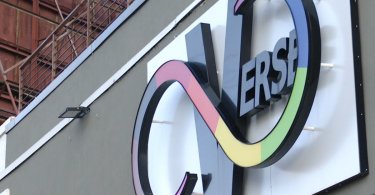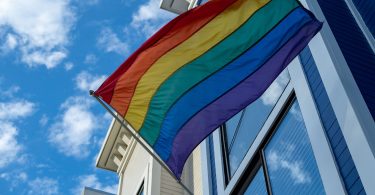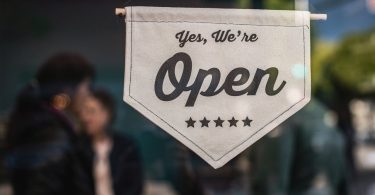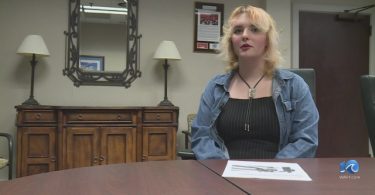A gay Catholic in Malaysia has urged the church to better host and facilitate conversations about faith and sexuality in his home country.
“If I was naturally born this way, then why does the Church say it’s wrong?” the man, using the alias Adam Abraham, told UCA News. “I can’t stop how I feel and I also want to be a Catholic.”
Abraham made the comments during an interview on LGBTQ+ issues in Malaysia. He said he kept his experience as a gay Catholic to himself because of anti-LGBTQ+ sentiments among his fellow believers. But he expressed hope that the church can change: priests could talk about LGBTQ+ issues in homilies and laypeople should feel comfortable asking questions.
Abraham told UCA News about his struggles growing up gay and Catholic:
“[H]e knew such love was wrong because his parents taught him their Catholic faith forbids it. ‘I did not want to feel this way. I asked God to take it away, but it was still there,’ Abraham said. . .
“Just like Abraham, who grew up in Kota Kinabalu, hundreds of Catholics in Malaysia suffer shame and a sense of sin because of the Catholic Church’s lack of openness to discuss same-sex orientation, experts and Church officials agree.”
“‘The Church should be more willing to listen to people like me. Not everyone chooses to live like this,’ he said.”
In the same article, Bryan Shen, a Malaysian counselor who specializes in sexual identity, said many seminarians in southeast Asia struggle to come to terms with their sexuality:
“‘Almost all seminarians feeling same-sex attractions do not want to identify as gay or lesbian, and the vast majority do not reveal what they struggle with,’ [Shen] said. . .
“He said it was important ‘to realize that there are many ordinary people in conservative religious communities’ who struggle with non-heterosexuality, do not want to identify or live as LGBTQ, ‘and are deathly afraid of being found out, judged and condemned.’
Shen said it is vital for the Church to train seminarians to be tolerant of LGBTQ+ people and teach them about healthy sexuality. Such training would make the Church better for ministers and congregants alike.
Diverse attitudes towards LGBTQ+ Catholics in different regions of the world can make inclusion and formation challenging. But testimonies like Abraham’s shed light on the reality that just as LGBTQ+ people are in parishes everywhere, so too the need for empathetic ministry extends across the global Church.
—Grace Doerfler (she/her), New Ways Ministry, January 3, 2024







